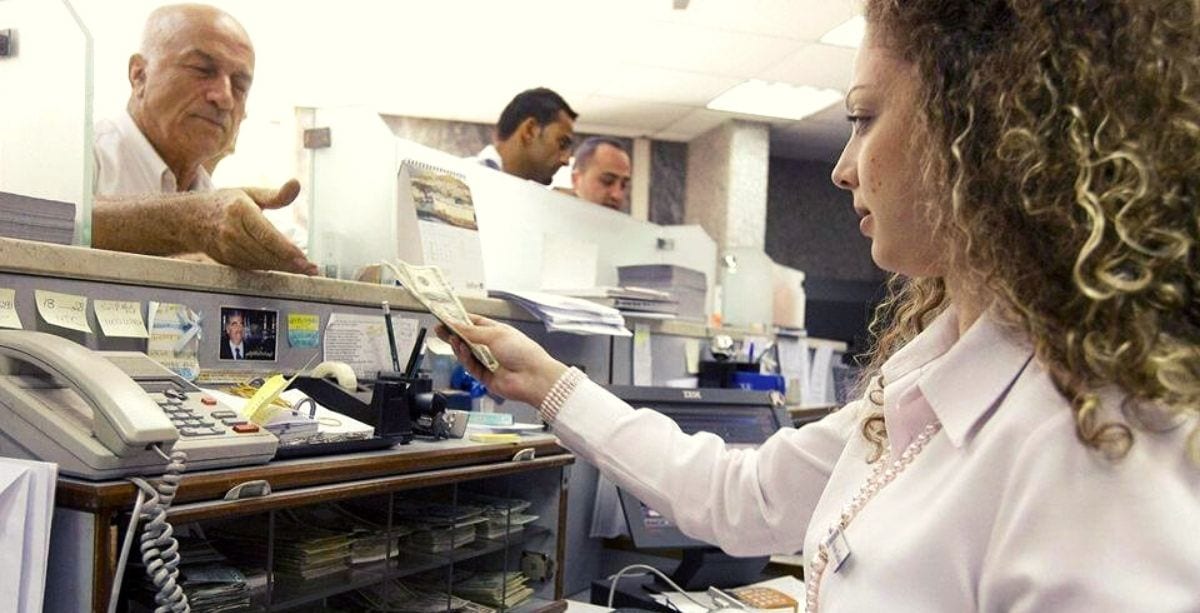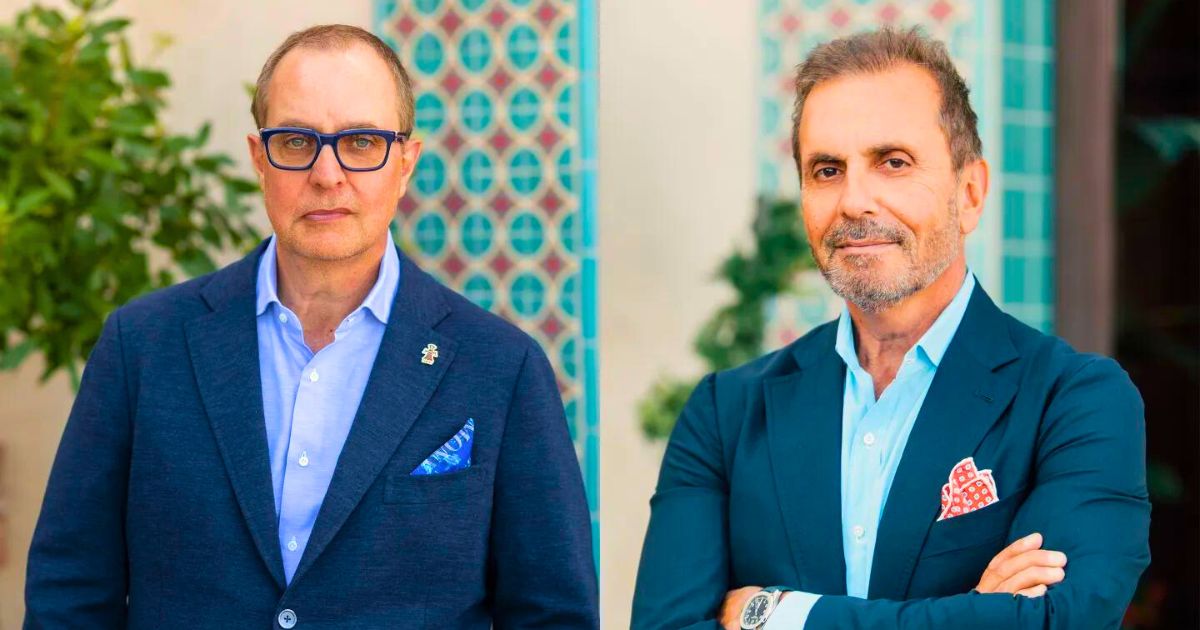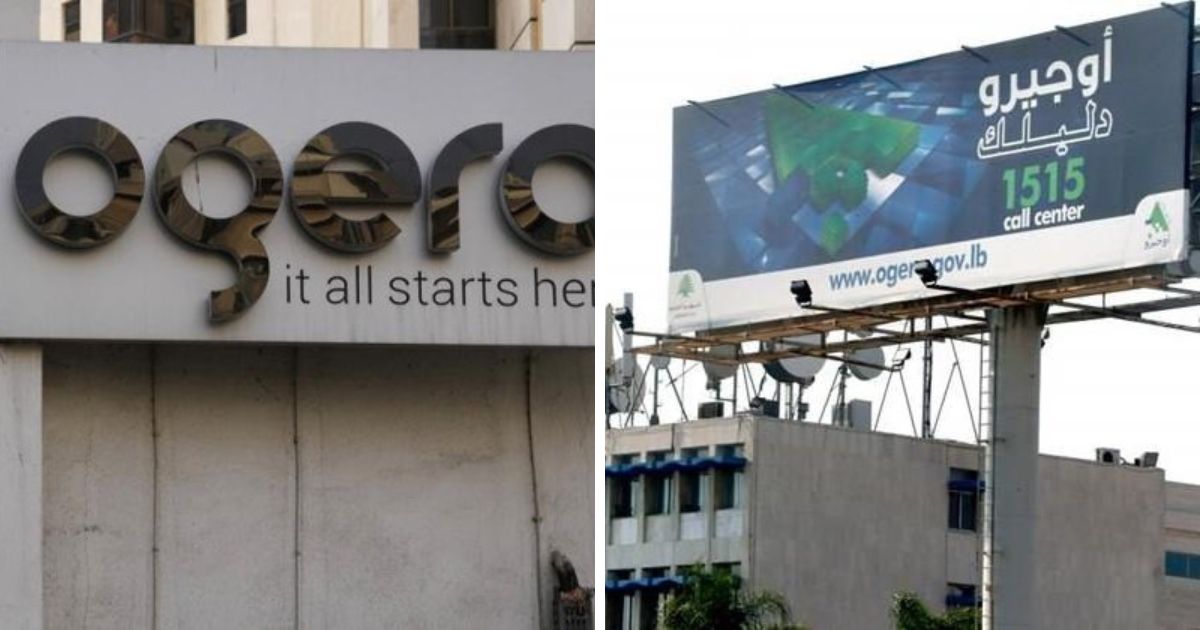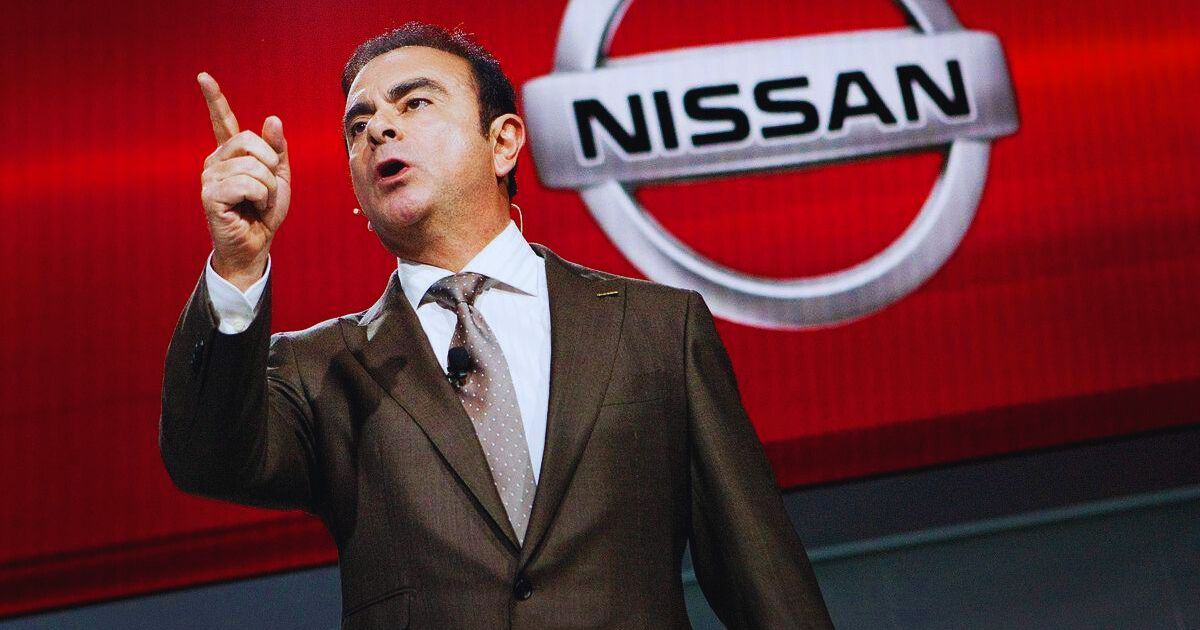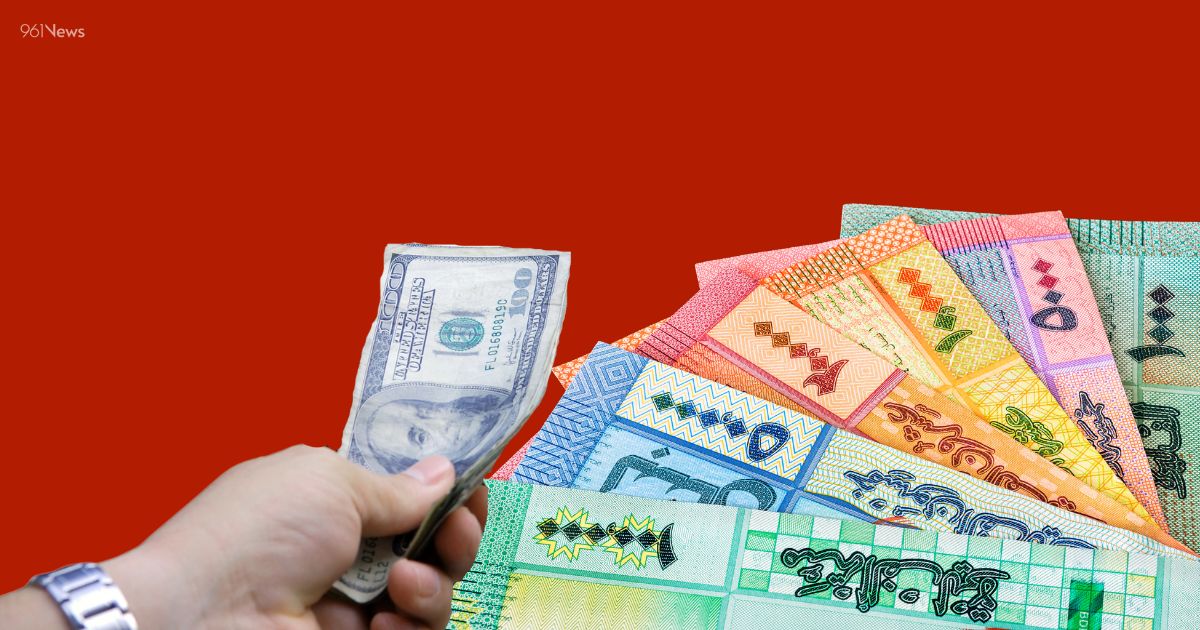Since late 2019, the term “haircut” has become an everyday term in Lebanon, as the feud between banks and depositors gradually escalates. So, what exactly is a haircut, and how would it affect your savings if the Lebanese government decided to use it?
In finance, a haircut simply means the percentage of a reduction applied to the value of an asset. A haircut on deposits, which is, naturally, what concerns depositors, means deducting a percentage of money from bank deposits.
Whether or not to opt for a haircut depends on the government’s plans, and so does the percentage to be deducted if a haircut does get implemented.
As to why the Lebanese government would choose to take away part of people’s savings, the answer lies in the infamous Eurobonds that Lebanon is struggling to repay.

It’s not news that Lebanon defaulted on the Eurobonds that matured on March 9th. With that decision, the Lebanese government announced that it will be headed towards restructuring its debt.
The restructuring process, which involves negotiations with creditors, is likely to include the reduction of the total debt amount for Lebanon. This happens by issuing new Eurobonds with far-reaching maturity dates and reduced interest rates.
In other words, a haircut would be applied to the new bonds. Where do Lebanese depositors stand in all of this? Right in the middle.
This is because the main holders of Lebanon’s Eurobonds are actually Lebanese banks. Therefore, if the government goes for a haircut on the bonds, the first to be affected by it would be the banks and the depositors’ money that they hold.
However, It’s been stated recurrently by Lebanese officials, most recently the Minister of Finance, that a haircut on deposits is completely out of the question.
Nevertheless, speculations do continue to surface in that regard, pointing towards a 50% or 75% haircut on deposits, but these remain speculations. It’s worth noting here that a haircut, if implemented by the government, wouldn’t necessarily affect all deposits.
For instance, the government may impose a haircut strictly on bank accounts that hold $100,000 or more, or on $1 million+ deposits.
If any, the size of the haircut that will be applied to deposits should be revealed later as Lebanon works through its debt restructuring.
Earlier this week, Prime Minister Diab stated that the government draft plan currently under discussion will ensure the preservation of the assets of 90% of the depositors.
That draft plan, according to Reuters, showed that Lebanon needs external financing of 10-15 billion dollars over the next five years to help in improving its financial crisis.
